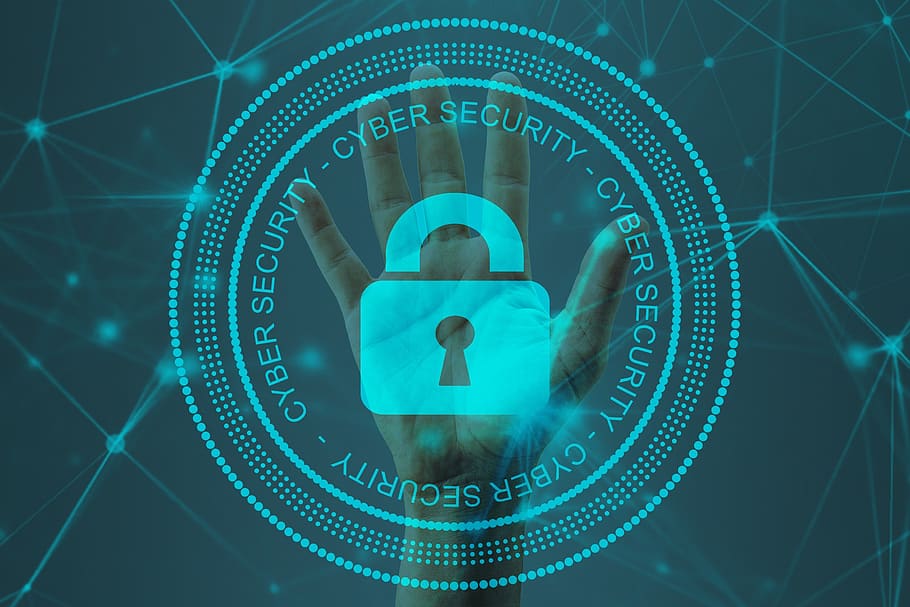Managed security is a term that refers to the outsourcing of information security services. It is a service that provides the necessary protection to ensure that company data and devices are secure against unauthorized access or malicious attacks. In today’s digital age, managed security has become an essential service for businesses of all sizes. In this article, we’ll take a look at what managed security is, why it’s important, and how it can benefit businesses.
What is Managed Security?
Managed security is a service provided by specialized companies that take care of the security needs of other companies. It is an outsourced service that provides security solutions for businesses of all sizes, including small, medium, and large businesses. Managed security companies provided a wide range of services, such as vulnerability assessment, network security, threat intelligence, security monitoring, and incident response.
Why is managed security important?
Managed security is important because it helps companies protect their important and critical assets, such as data, intellectual property, and customer information. The cost of a data breach or cyberattack can be significant, and in some cases, even severely detrimental to a company’s business. Managed security provides businesses with an extra layer of protection against cyber threats, including malware, phishing, ransomware, and other cyberattacks.
Managed security also helps businesses comply with regulatory requirements, such as HIPAA, GDPR, and PCI DSS. Compliance with these provisions is essential for companies that handle sensitive data, such as healthcare providers, financial institutions, and e-commerce companies.
Benefits of Managed Security for Businesses
Managed security provides several benefits for businesses, including:
- Enhanced Security – Managed security provides businesses with a higher level of security than they could achieve on their own. Managed security companies have specialized expertise and access to advanced security technologies, which they can use to protect their customers’ networks and data.
- Reduced costs – Outsourcing security to a managed security vendor can be more cost-effective than hiring an in-house security team. Managed security providers are able to offer their services at a lower cost because they can spread their overhead costs across multiple customers.
- Increased productivity: Managed security providers can help businesses improve their productivity by freeing up their IT staff to focus on other tasks. The managed security provider can take over security-related tasks like threat monitoring and incident response, leaving IT staff to focus on more strategic tasks.
- 24/7 monitoring and support: Managed security providers offer 24/7 monitoring and support, ensuring that businesses are monitored at all times. They can quickly detect and respond to security incidents, minimizing business impact.
Managed security is a critical service that many businesses need to protect against cyber threats. By outsourcing their security needs to a managed security provider, businesses can improve their security, reduce costs, increase productivity, and ensure compliance with regulatory requirements. If you’re a business owner, it’s essential to consider managed security as part of

